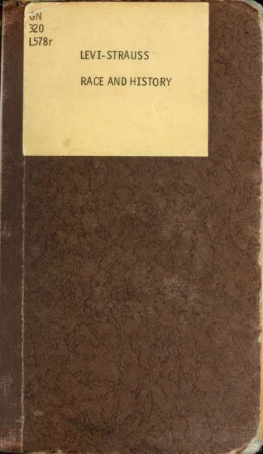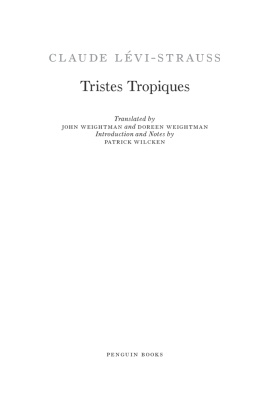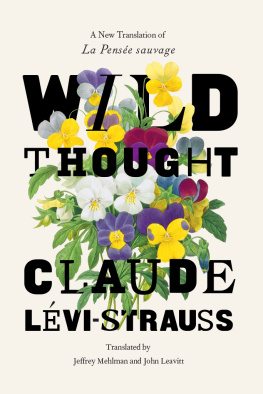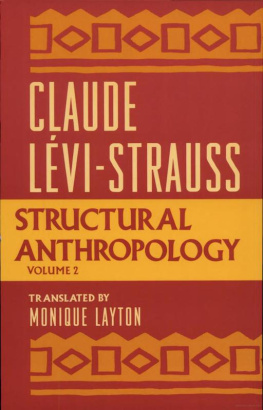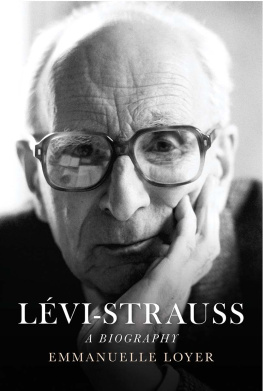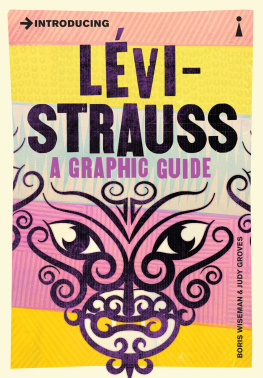The Massey Lectures Series
The Massey Lectures are co-sponsored by CBC Radio, House of Anansi Press, and Massey College in the University of Toronto. The series was created in honour of the Right Honourable Vincent Massey, former governor general of Canada, and was inaugurated in 1961 to provide a forum on radio where major contemporary thinkers could address important issues of our time.
This book comprises the 1974 Massey Lectures, Nostalgia for the Absolute, broadcast in November 1974 as part of CBC Radios Ideas series. The producer of the series was Paul Buckley.
George Steiner
George Steiner is an internationally renowned writer and scholar. He was born in Paris and received his B.A. in 1948 from the University of Chicago. In 1950 he received his M.A. from Harvard University. From 1950 to 1952 he earned his Ph.D. where he was a Rhodes Scholar at Oxford University. He joined the staff of The Economist and later was a member of the Institute for Advanced Studies at Princeton University.
Steiner was the Professor of English and Comparative Literature at the University of Geneva for twenty years, becoming Professor Emeritus upon his retirement in 1994. He has since taught comparative literature at Oxford and was the Norton Professor of Poetry at Harvard from 2001-2002.
His numerous nonfiction works include Tolstoy or Dostoevskiy, The Death of Tragedy, Aspects of Language and Translation, Language and Silence, Real Presences, and Grammars of Creation. Steiner is also the author of works of fiction and poetry, including The Portage to San Cristobel, and Proofs and Three Parables. George Steiner lives in Cambridge and is a regular contributor to The New Yorker, the Times Literary Supplement, and the Guardian.
NOSTALGIA FOR THE ABSOLUTE
NOSTALGIA FOR THE ABSOLUTE
GEORGE STEINER

Copyright 1974 George Steiner
All rights reserved. No part of this publication may be reproduced or transmitted in any form or by any means, electronic or mechanical, including photocopying, recording, or any information storage and retrieval system, without permission in writing from the publisher.
First published in 1974 by CBC Enterprises
Published in 1997 by House of Anansi Press Ltd.
This edition published in 2004 by
House of Anansi Press Inc.
110 Spadina Avenue, Suite 801
Toronto, ON, M5V 2K4
Tel. 416-363-4343 Fax 416-363-1017
www.anansi.ca
Distributed in Canada by
HarperCollins Canada Ltd.
1995 Markham Road
Scarborough, ON, MIB 5M8
Toll free tel. 1-800-387-0117
Distributed in the United States by
Publishers Group West
1700 Fourth Street
Berkeley, CA 94710
Toll free tel. 1-800-788-3123
CBC and Massey College logos used with permission
House of Anansi Press is committed to protecting our natural environment. As part of our efforts, this book is printed on Rolland Enviro paper: it contains 100% post-consumer recycled fibres, is acid-free, and is processed chlorine-free.
11 10 09 08 07 3 4 5 6 7
LIBRARY AND ARCHIVES CANADA CATALOGUING IN PUBLICATION DATA
Steiner, George, 1929
Nostalgia for the Absolute
(CBC Massey lectures series)
Text of radio lectures broadcast in fall 1974.
ISBN-13: 978-0-88784-594-9
ISBN-I0: 0-88784-594-0
1. Christianity20th century. 2. CivilizationModern1950
3. Marx, Karl, 1818-1883. 4. Freud, Sigmund, 1836-1939. 5. Levi-Strauss Claude.
I. Title. II. Series
BR125.S73 1997 270.8'2 C97-93o636-1
Library of Congress Control Number: 2007927971
Cover design: Bill Douglas at The Bang

We acknowledge for their financial support of our publishing program the Canada Council for the Arts, the Ontario Arts Council, and the Government of Canada through the Book Publishing Industry Development Program (BPIDP).
Printed and bound in Canada
NOSTALGIA FOR THE ABSOLUTE
CONTENTS
THE SECULAR MESSIAHS I
The conjecture which I want to put forward in these Massey Lectures is a very simple one.
Historians and sociologists agree, and after all we should sometimes believe them too, that there has been a marked decline in the role played by formal religious systems, by the churches, in Western society.
The origins and causes of this decline can be variously dated and argued, and, of course, they have been. Some would locate them in the rise of scientific rationalism during the Renaissance. Others would assign them to the scepticism, to the explicit secularism, of the Enlightenment with its ironies about superstition and all churches. Still others would maintain that it was Darwinism and modern technology during the industrial revolution which made systematic beliefs, systematic theology, and the ancient centrality of the churches so obsolete. But the phenomenon itself is agreed upon. Gradually, for these very complicated and diverse reasons, the Christian faiths (may I emphasize this plural) which had organized so much of the Western view of mans identity and of our function in the world, whose practices and symbolism had so deeply pervaded our daily lives from the end of the Roman and Hellenistic world onward, lost their hold over sensibility and over daily existence. To a greater or lesser degree, the religious core of the individual and of the community degenerated into social convention. They became a kind of courtesy, an occasional or perfunctory set of reflexes. For the very great majority of thinking men and womeneven where church attendance continuedthe life-springs of theology, of a transcendent and systematic doctrinal conviction, had dried up.
This desiccation, this drying-up, affecting as it did the very centre of Western moral and intellectual being, left an immense emptiness. Where there is a vacuum, new energies and surrogates arise. Unless I read the evidence wrongly, the political and philosophic history of the West during the past 150 years can be understood as a series of attemptsmor or less conscious, more or less systematic, more or less violentto fill the central emptiness left by the erosion of theology. This vacancy, this darkness in the middle, was one of the death of God (remember that Nietzsches ironic, tragic tonality in using that famous phrase is so often misunderstood). But I think we could put it more accurately: the decay of a comprehensive Christian doctrine had left in disorder, or had left blank, essential perceptions of social justice, of the meaning of human history, of the relations between mind and body, of the place of knowledge in our moral conduct.
It is to these issues, on whose formulation and resolution society and individual life depend for coherence, that the great anti-theologies, the meta-religions of the nineteenth and twentieth centuries, address themselves. These are very awkward terms and I apologize for them. Metareligion, anti-theology, surrogate creedthey are awkward but also useful tags. Let me try and pull them together in these five talks by using a general term. I want to propose to you the word mythology.
Now in order to qualify for the status of a mythology, in the sense in which I am going to try and define it, a social, a psychological, or a spiritual doctrine or body of thought must fulfil certain conditions. Lets have a look at these. The body of thought must make a claim of totality. That sounds very simple-minded, and in a way it is. Let me try and sharpen the idea. What do we mean by its being total? It must affirm that the analysis which it puts forward of the human conditionof our history, of the meaning of your life and mine, of our further expectationsis a total analysis. A mythology, in this sense, is a complete picture of man in the world.
Next page

